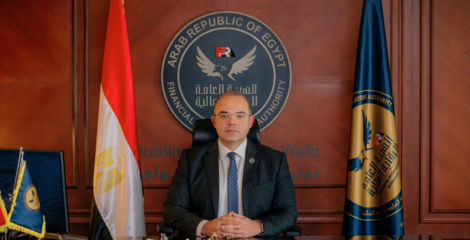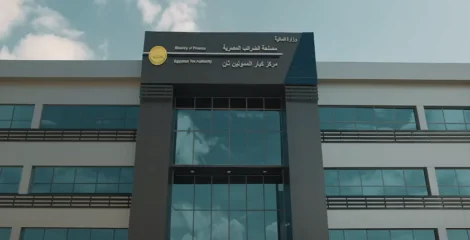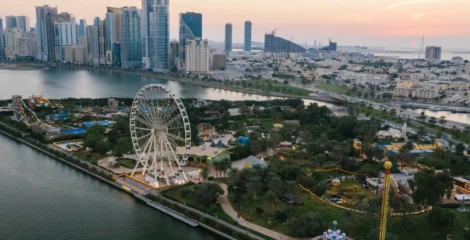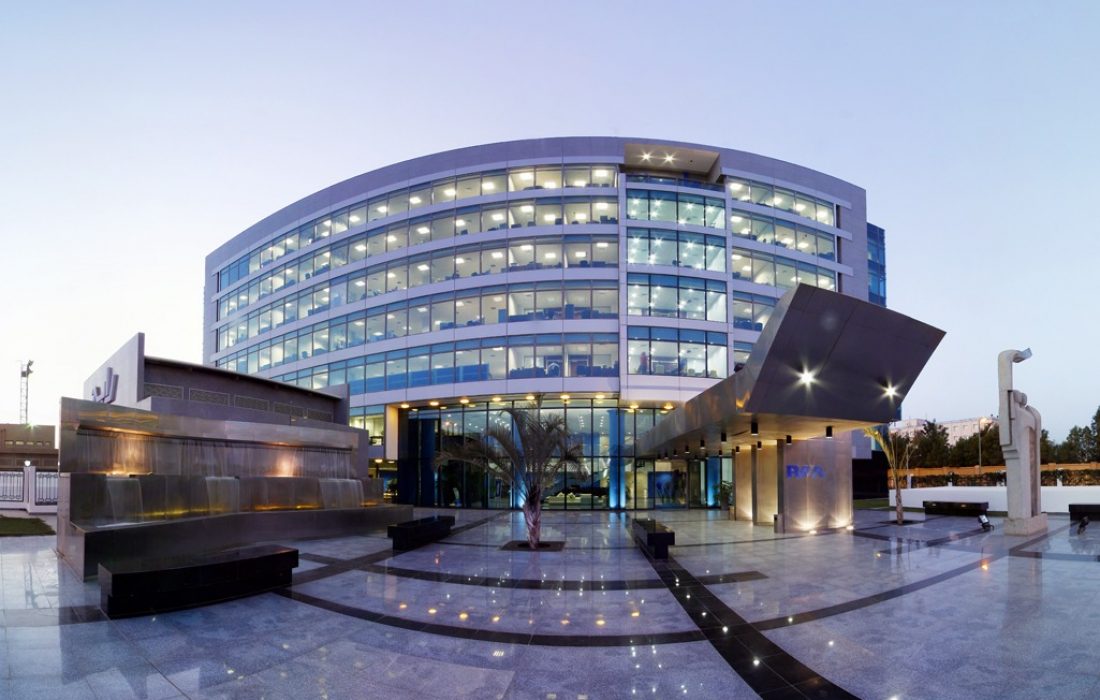We’re all at the edge of our seats, waiting for the inauguration of the new administrative capital that is meant to solve all of Egypt’s most stubborn urban problems. The 700 square kilometer capital, launched in 2015 by Egyptian President Abdel-Fatah El-Sisi, can house more than 6.5 million people and create more than 2 million job opportunities. The plan was to inaugurate in 2020, but due to coronavirus things were pushed to 2021.
There’s very little that we know about the new capital, but the veil is slowly sliding off. We received an e-mail back in October disclosing that an Emirati waste management company has been assigned to the new capital. With headquarters in Sharjah, Bee’ah has accomplished a number of milestones, which include achieving a 76% waste diversion rate in Sharjah, the highest in the region.
Through their waste collection services, Bee’ah now caters to millions of residents in the UAE. They have also steadily deployed cutting-edge technologies like geo-tagged smart bin sensors and automated route optimization, as well as an advanced fleet consisting of eco-friendly vehicles, for optimum performance.
“Next year we hope to launch our new headquarters, the first fully AI-integrated building in the region that will set the benchmark for smart sustainable building. We have also partnered with Masdar to work on the region’s first waste-to-energy plant in Sharjah which will be operational next year and will make Sharjah the first zero-waste city in the region.”
Mohammed bin Kuwair, Senior Manager of International Business, Bee’ah
Challenges
Waste management is still an alien concept to the majority of the Middle East. A main challenge that the waste management industry faces is lack of awareness and action. To overcome that, Bee’ah has been working on community outreach and a comprehensive environmental education program. In the Bee’ah School of Environment, they help engage with residents on the importance of maintaining a sustainable behavior in their cities, educate them about climate action and recycling.
Similarly, there are many sorts of waste Bee’ah collects on a daily basis, and all must be treated differently. That is why the company has expanded their portfolio of services and facilities to include several plants that are able to recycle all kinds of waste.
From Sharjah to Cairo
Bee’ah will officially commence operations in the New Administrative Capital in March 2021. With an office in Egypt to support the capital, or more formally known as Administrative Capital For Urban Development (ACUD) , Bee’ah is currently focussing on building their team in preparation for the launch of our operations .
A workforce of over 1,000 workers will be carrying out the operations of Bee’ah, serving an estimated population of 2 million people in the first phase of the city’s development.
“We have been tasked with helping the Administrative Capital reach an 80% waste diversion rate and look forward to the challenge. We are determined to make our Egyptian operations a success and overcome any potential issues by replicating our strong UAE success story in this market.”
Mohammed bin Kuwair, Senior Manager of International Business, Bee’ah
After fulfilling the ACUD contract, Bee’ah will be exploring more presence in Egypt across other cities. Moreover, Bee’ah has already started operations in the Kingdom of Saudi Arabia with the utilization of over 3,000 workers and 488 pieces of heavy equipment and fleet of vehicles including waste collection units, street sweepers and disposal trucks, after securing a contract to service the holy city of Al-Madinah Al Munawarrah.
Bee’ah will provide solid waste collection and transport services along with disinfection and sanitization of 40,685 waste bins. That is in addition to training sessions, workshops, and awareness campaigns for the public to encourage community recycling efforts.
If you see something out of place or would like to contribute to this story, check out our Ethics and Policy section.














